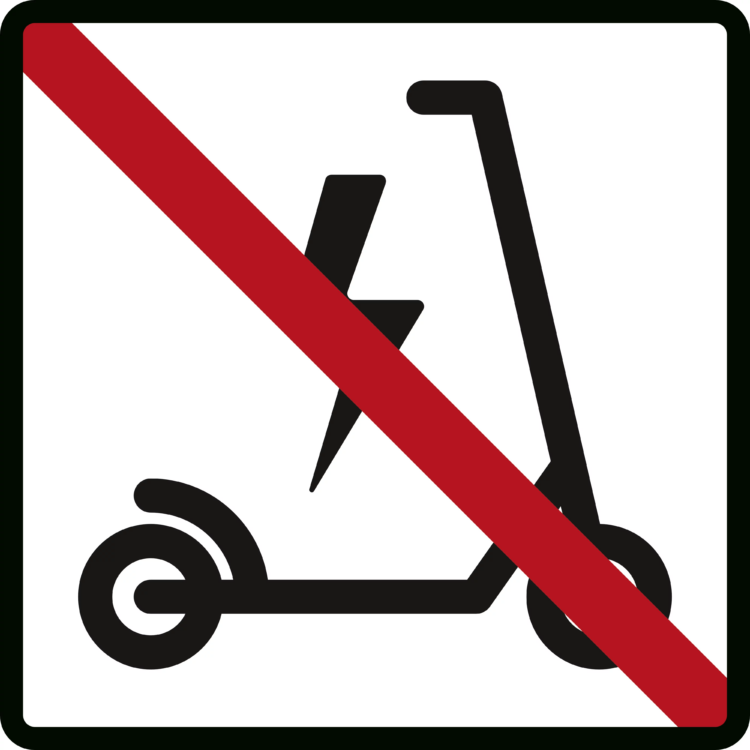The National Transport Authority (NTA) in Ireland has banned e-scooters from public transport and published guidance following safety concerns over the lithium-ion batteries often used in them.
“These batteries are known to develop internal faults, leading to overheating and combustion,” it said in a statement on 26 August. The ban includes e-scooters that can be folded or carried, but not e-bikes or mobility scooters. It will take effect in early October. E-scooters were unregulated in Ireland until earlier this year.
In Germany Hamburg transport system Hochbahn banned e-scooters last August and has commissioned the Studiengesellschaft für Tunnel und Verkehrsanlagen (STUVA) to carry out a fire safety assessment of them. There have been 15 known cases of burning batteries in Germany, however, not a single incident in local public transport, and 13 cases related to pedelecs.
E-scooters in Barcelona, London and Madrid did not have to undergo the tests required and monitored in Germany for e-scooter approval. Several German cities, including Hamburg, Berlin and Leipzig, will still impose a ban on public transport.
However, TÜV, the German technical inspection body, has stated that there was “no major risk” if the e-scooters had a general operating permit, as an e-scooter with such a permit can be driven on public roads.
Paul Christensen of Newcastle University and Lithiumionsafety consultancy said we should not underestimate vapour cloud explosions, even from small lithium-ion batteries: “Conservative estimate of the gas volume (not including droplets of organic solvent that can also explode) 2L/Ah or ca 500 L/kWh: e-scooter 250Wh. And still, I see claims of LiB-specific extinguishers.”












